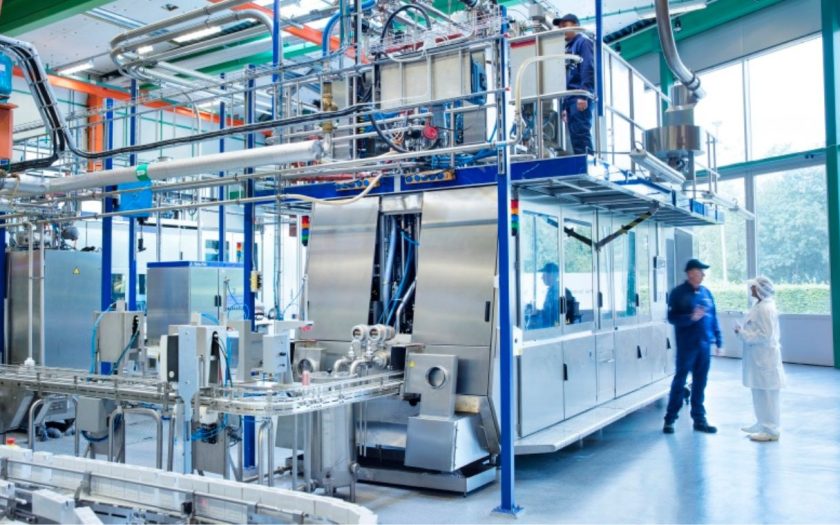Absolutely, filling machines are the unsung heroes of many industries, seamlessly handling the task of efficiently packaging liquids and semi-liquids into containers of various shapes and sizes. Whether it’s bottling beverages, filling cosmetics, or packaging pharmaceuticals, these machines play a pivotal role in ensuring products reach consumers reliably and safely. Let’s delve into the world of filling machines and explore their significance, types, and impact across industries.
The Vital Role of Filling Machines
Filling machines stand at the forefront of production lines, streamlining the packaging process and ensuring accuracy, consistency, and speed. Their significance extends beyond mere automation; they guarantee product quality, reduce waste, and optimize operational efficiency.
Precision and Consistency
One of the most critical aspects of any manufacturing process is precision, especially when handling liquids or pastes. Filling machines excel in delivering consistent fill volumes, eliminating variations that can compromise product quality.
Adaptability to Diverse Products
From thin liquids like water to thick substances such as lotions or pastes, filling machines come in various types to accommodate different viscosities. This versatility allows industries to package a wide array of products efficiently.
Efficiency and Cost-Effectiveness
By automating the filling process, these machines significantly increase production rates while reducing labor costs. Their efficiency translates into higher output with minimal human intervention, making them a cost-effective investment for businesses.
Types of Filling Machines
1. Gravity Fillers
Ideal for free-flowing liquids, gravity fillers use the natural pressure of gravity to fill containers accurately. They’re commonly used for products like water, oils, and beverages.
2. Piston Fillers
Piston fillers work well for thicker products and operate using a piston and cylinder to accurately measure and fill containers. They’re suitable for viscous liquids, creams, and pastes.
3. Overflow Fillers
Overflow fillers are perfect for filling containers to a precise level by overflowing excess liquid, ensuring uniform levels across multiple containers.
4. Auger Fillers
Auger fillers are designed for powders and granular products, using a rotating auger to measure and dispense precise amounts into containers.
Impact Across Industries
The versatility of filling machines has a profound impact on various sectors:
Food and Beverage Industry
Bottling beverages, packaging sauces, or filling jars with condiments—filling machines are instrumental in ensuring the consistent quality of consumable products.
Cosmetics and Personal Care
From lotions and creams to shampoos and perfumes, these machines handle a wide range of viscosities, maintaining the integrity of cosmetic products.
Pharmaceuticals and Chemicals
In industries requiring precise measurements for safety and efficacy, filling machines are indispensable. They ensure accurate dosages of medications and handle hazardous chemicals with utmost care.
